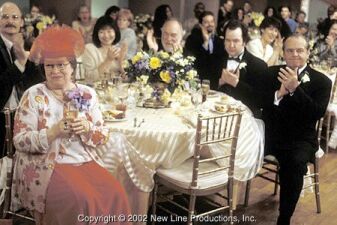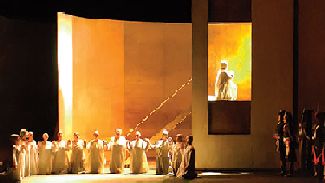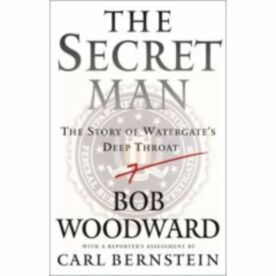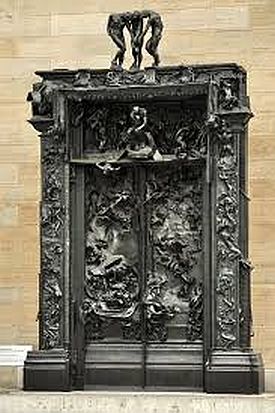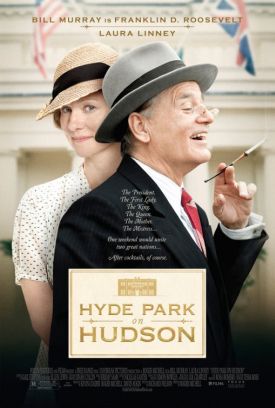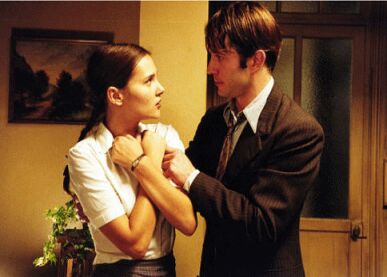My Top Ten of 2002
From The New York SunAbout Schmidt by Alexander Payne is a funny, charming and ultimately moving lesson in growing old which also contains what may be the finest performance of Jack Nicholson’s career. It’s the only one of my ten still in cinemas, or — I confidently predict — likely to receive any recognition at Oscar time.
Beijing Bicycle (Shiqi sui de dan che) by Wang Xiaoshuai, a somewhat self-conscious tribute to Vittorio de Sica’s Bicycle Thief (Ladri di biciclette) of 1948 becomes completely its own movie owing to the astonishing performance of Cui Lin as the 17 year-old provincial, newly arrived in the capital, whose whole life and livelihood is wrapped up in his bicycle. His dogged determination to get it back when it is stolen is a portrait in heroism.
Heroism of a different sort is the theme of Black Hawk Down by Ridley (now Sir Ridley) Scott, based on Mark Bowden’s account of the catastrophic battle of Mogadishu in October, 1993, which may be one of the best war movies ever made. Though utterly without sentimentality or jingoism, the film’s theme is the bond that makes a unit of men in battle, but it never degenerates into the familiar kind of military soap opera that some critics faulted it for not being. Its often breathtaking imagery of the horror and beauty of war stay in the mind a long time.
Dark Blue World, written by Zdenek Sverak and directed by Jan Sverak is the story of two Czechs (Ondrej Vetchy and Krystof Hadek) who escape the Nazi occupation and join the RAF. It is an old-fashioned tale of war and friendship and rivalry in love with a twist provided by the postwar Communist government of Czechoslovakia. Pearl Harbor showed how easy it was to make a mess with similar materials, but the Sveraks bring to them the same light touch that made their Kolya such a joy.
Lightness is also a feature of The Emperor’s New Clothes, directed by Alan Taylor adapting The Death of Napoleon by Simon Leys. Recently while on a long flight I saw this movie again and was even more impressed with it. I still think its view of power and the powerful is simplistic, but I so enjoyed its central performances by Ian Holm and Iben Hjejle and its somewhat wistful belief in the power of love to triumph even over world-mastering ambition that I know I’ll want to return to it. A lovely musical score by Rachel Portman adds to the many things to enjoy.
Eric Rohmer’s The Lady and the Duke, (L’anglaise et le duc) is perhaps not for every taste, though I find its oddly stylized look at the French revolution and its focus on some of the less obvious moral dilemmas arising out of it fascinating — as I do everything by Rohmer, the greatest of living directors.
Last Orders by Fred Schepisi, adapting Graham Swift’s novel, allows an ensemble of great British actors, including Michael Caine, Bob Hoskins, Tom Courtenay, David Hemmings, Ray Winstone and Helen Reddy, to twist our heartstrings in a simple tale of friendships finally resolved in death which is also an elegy to the vanishing cockney culture of East London.
Nine Queens by the Argentinian Fabián Bielinsky is the most cleverly plotted caper movie since Lock, Stock and Two Smoking Barrels but with none of the latter’s laddish bumptiousness. Ricardo Darín and Gastón Pauls play two hustlers on the trail of a big score who may or may not be getting hustled themselves. To me, the film was a joy as pure cinema, but it also has something serious to say about the criminal mind.
Another Argentinian film, Son of the Bride (El Hijo de la Novia) by Juan José Campanella, shows SeZor Darín’s versatility as an actor by putting him into a very different role, that of a man who has to learn how to be fully human in the course of arranging his parents’ wedding. If there were any justice in the world, Norma Aleandro would win the Best Actress Oscar in a walk for her portrait of the mother, a once sharp and domineering and still beautiful woman suffering from Alzheimer’s disease.
Finally, Nanni Moretti’s The Son’s Room, (La Stanza del Figlio), is an almost unbearably poignant study of the grief of an Italian family at the death of an only son. Moretti himself plays the father, a psychiatrist who finds his professional life — helping people through problems much less serious than his own — ultimately unsustainable, though he finds a kind of peace in the end.
The paucity of Hollywood studio products in this list will be readily apparent, but alas it is no news that the focus-group tested McEntertainment produced by big money cannot stand comparison with the work of individual artists who have something to say.
Discover more from James Bowman
Subscribe to get the latest posts to your email.

